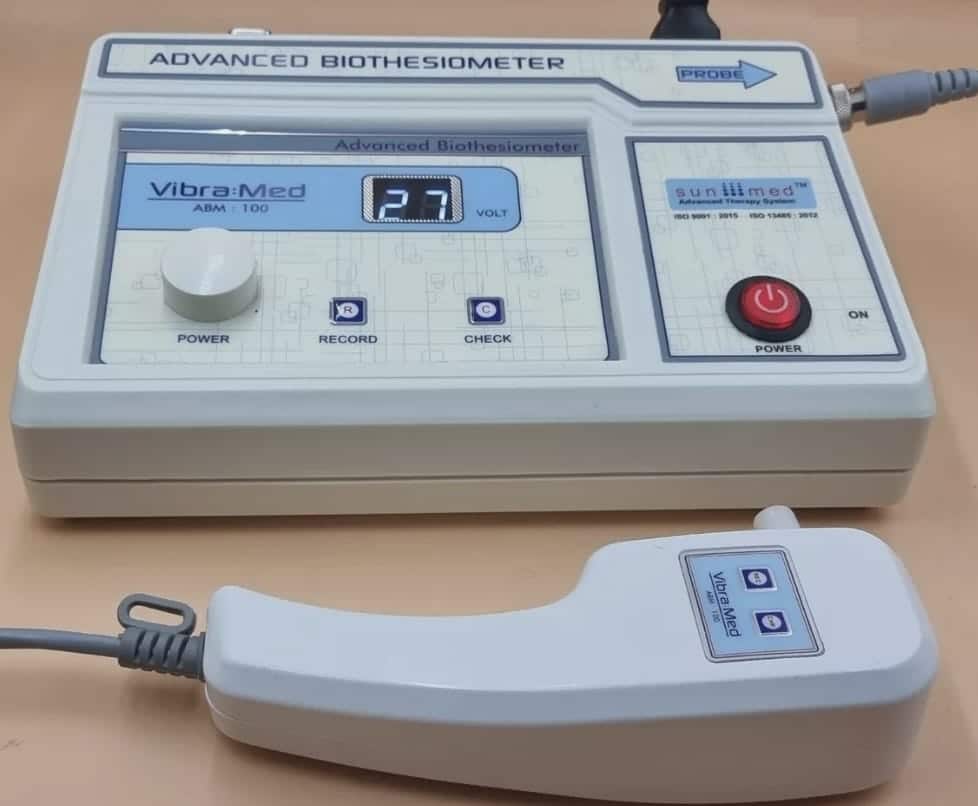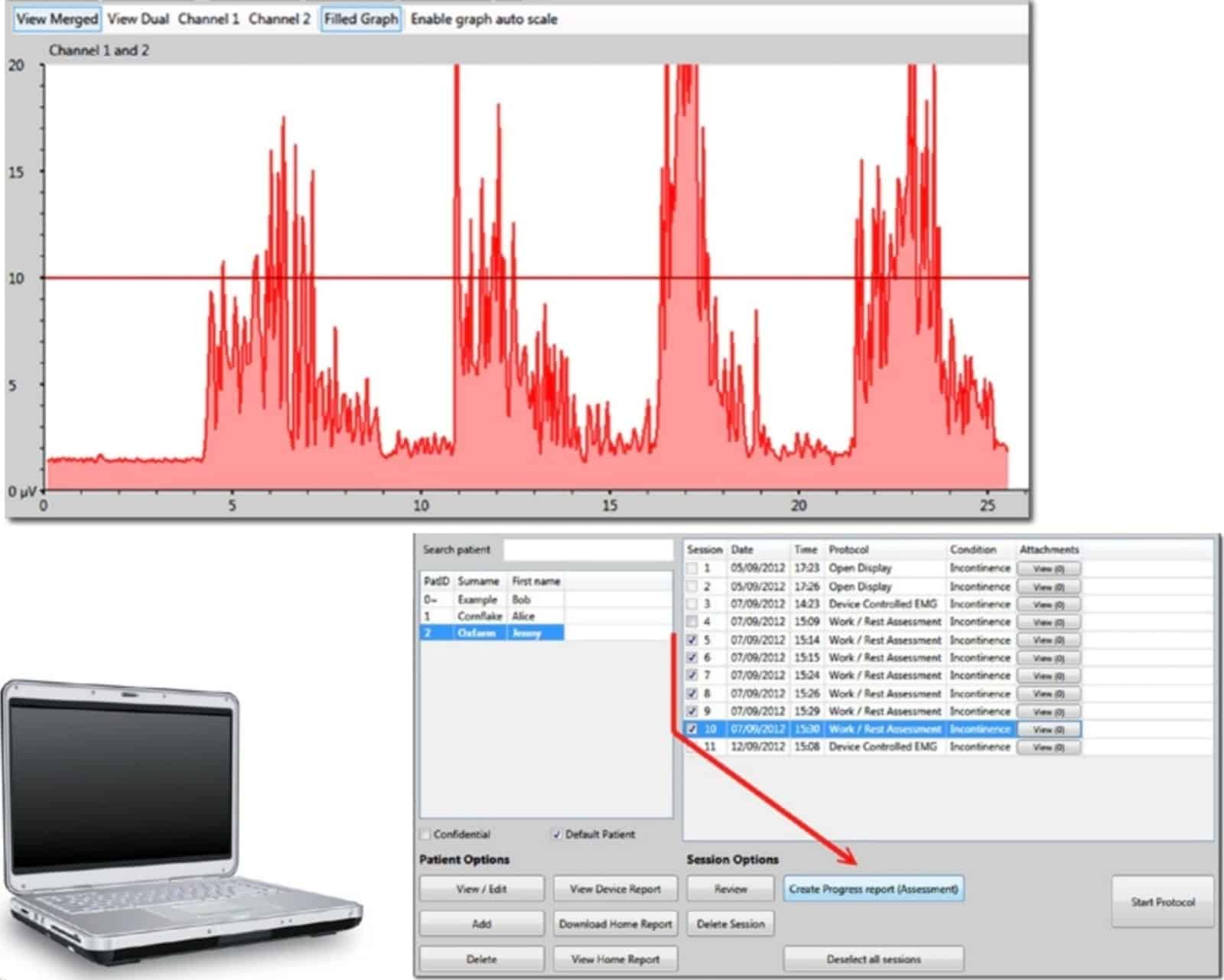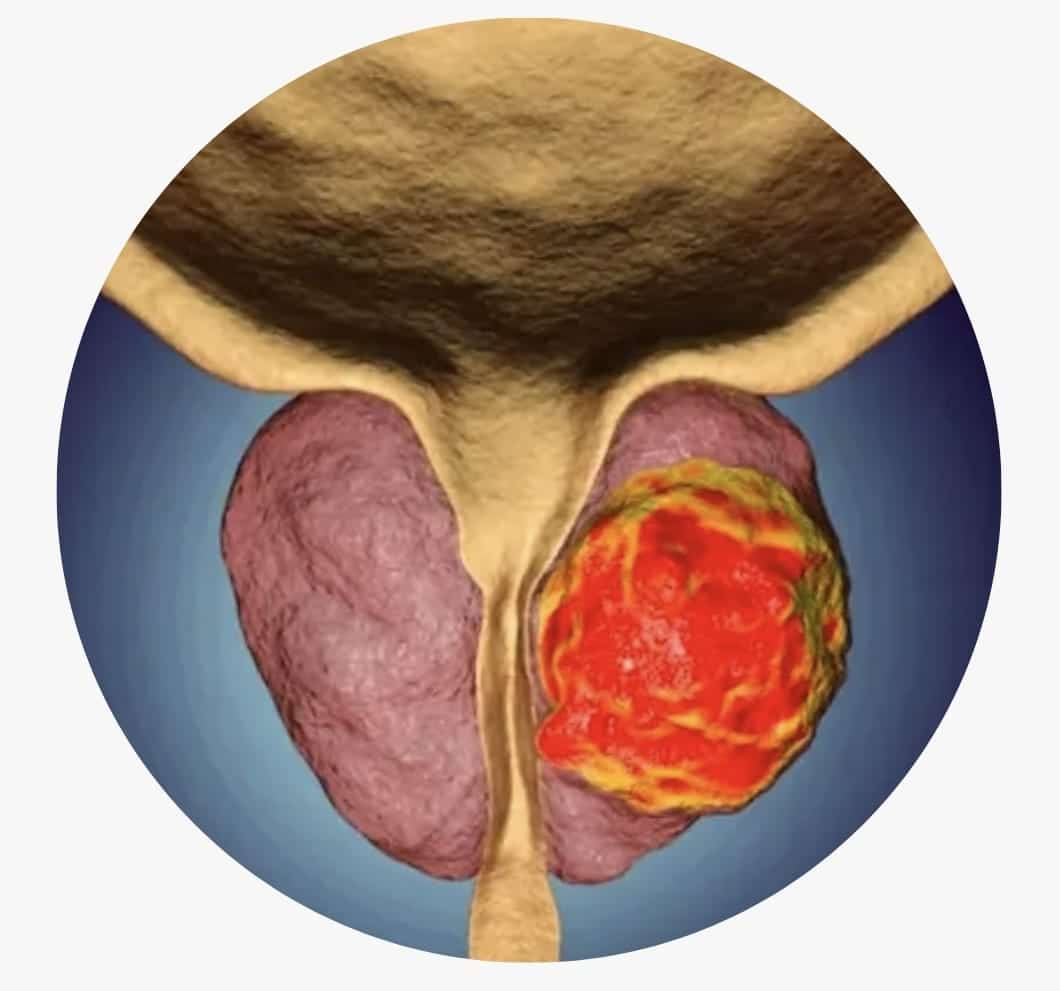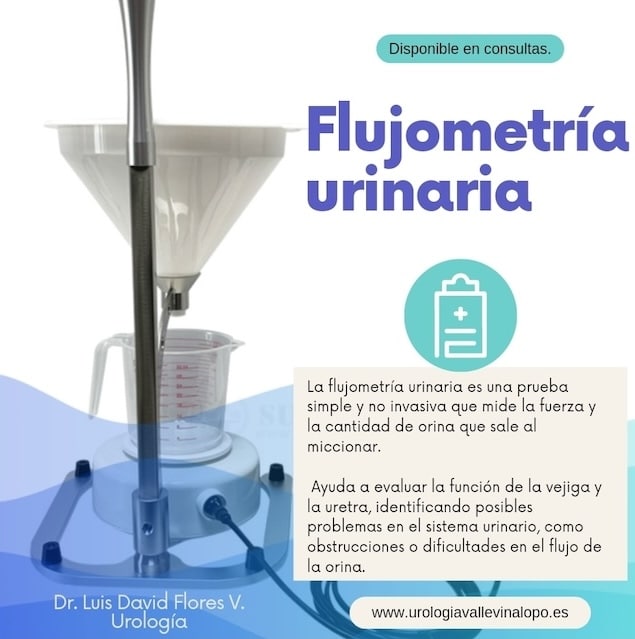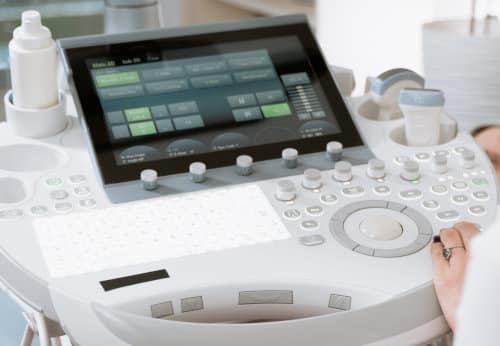Flexible Diagnostic Cystoscopy in Alicante
What is cystoscopy?
It is a procedure that urologists use to visualise the inside of the bladder and the urethra (the tube through which urine passes out of the body).
Why have I been asked for a cystoscopy?
Your urologist has recommended this procedure because it is the best way to obtain accurate information about the health of your urinary tract. Diagnostic urethrocystoscopy is used to examine the inside of the urethra and bladder. Some common reasons for urethrocystoscopy include Urology Alicante we use diagnostic urethrocystoscopy:
To identify the source of bleeding (benign vs. malignant).
It is the best test to rule out cancer and also for screening and early detection of new cancer after previous surgery.
A urethrocystoscopy can help identify the underlying cause.
If you suffer from frequent or recurrent urinary tract infections, urethrocystoscopy can help identify any abnormalities that may be contributing to these infections.
If you experience changes in your urination patterns, such as increased frequency, urgency or difficulty emptying your bladder, a urethrocystoscopy can help identify possible causes. In men, it is useful for assessing the obstruction that may be causing the prostate to pass urine.
In conditions such as interstitial cystitis or overactive bladder disease, urethrocystoscopy may be useful to assess the status and progression of the disease.
Following treatment for urinary tract conditions, such as surgery or therapeutic procedures, urethrocystoscopy may be performed to assess the effectiveness of treatment and detect any possible recurrence.
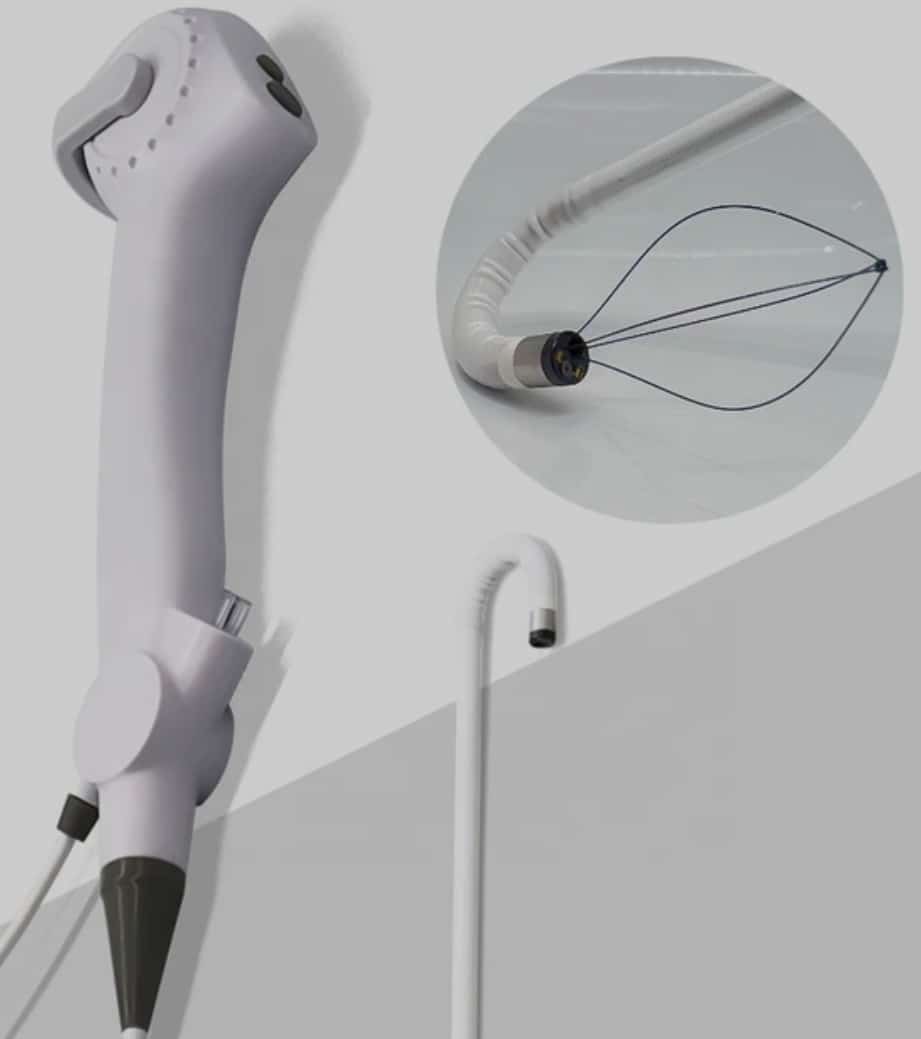
Contact us without obligation
What are the advantages of having a flexible cystoscopy?
There are two types of cystoscopy: rigid (rigid tube) and flexible (flexible tube with a camera at the tip).
Advantages of flexible cystoscopy:
- Minimal discomfort and discomfort compared to rigid cystoscopy
- It can be performed under local anaesthesia on an outpatient basis.
- Reduced risk of injury
- Allows for more detailed scanning due to greater flexibility and wide movements
- Longer reach, as it can reach areas of the bladder that may be difficult to reach with a rigid cystoscope
- Shorter recovery time, allowing patients to resume normal activities more quickly
- Reduced risk of infections
What is included in the diagnostic flexible cystoscopy at Dr. Luis David Flores' practice?
- Consultation with the Urologist
- Procedure (Diagnostic Flexible Cystoscopy)
- Detailed report of findings

